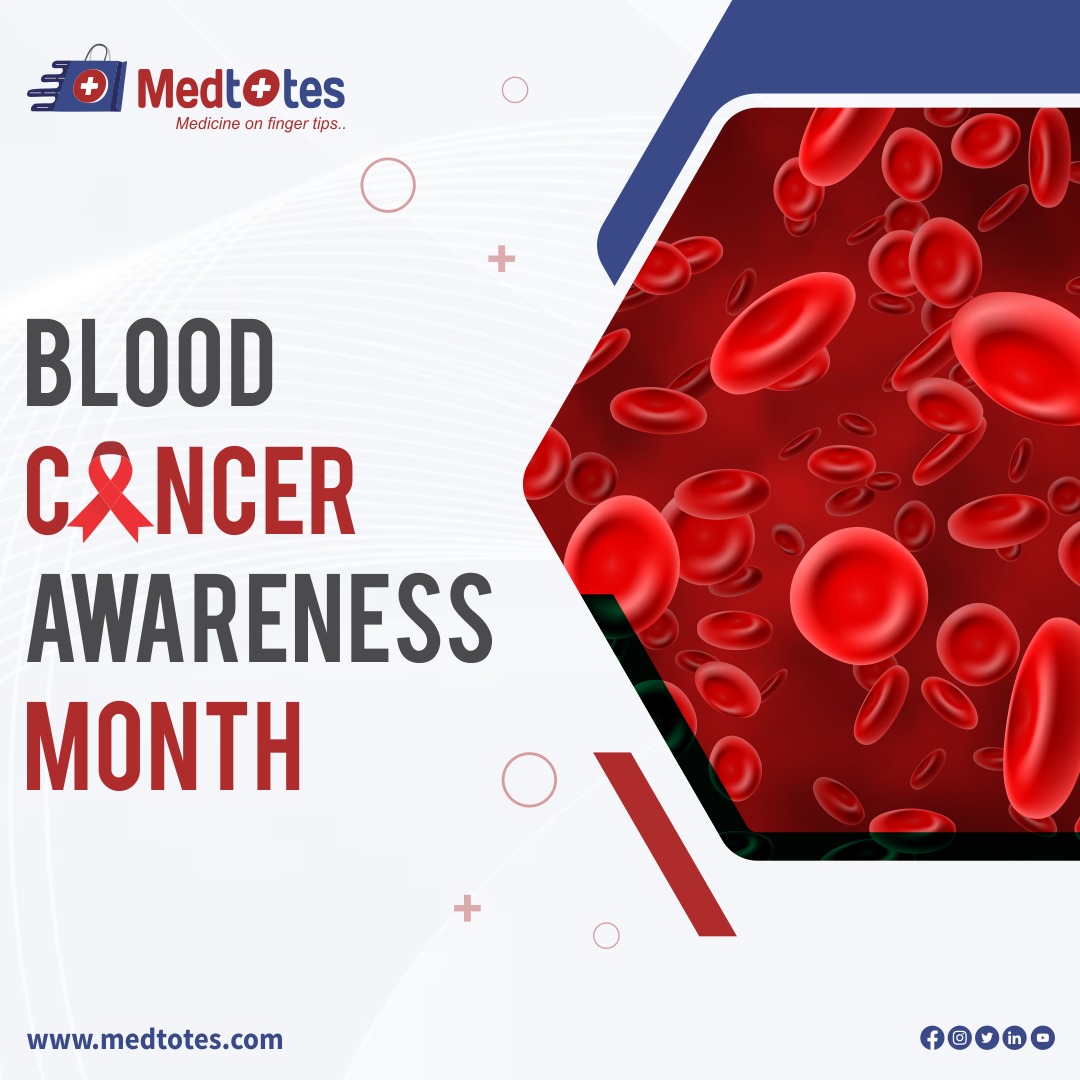I. INTRODUCTION
Blood cancer, also known as haematological cancer, is a kind of cancer that affects the development and function of blood cells. These tumours can start in the bone marrow, lymphatic system, or blood vessels. Raising awareness of blood cancer is critical because it not only aids in early identification and treatment but also provides patients and their families with support and resources. Understanding the impact of blood cancer on individuals and society allows us to strive towards better prevention, treatment, and overall quality of life for those impacted.
II. TYPES OF BLOOD CANCER
- An overview of the symptoms and diagnostic techniques for each form of blood cancer.
- A discussion of various treatment options, including as chemotherapy, radiation therapy, and stem cell transplantation.
- Importance of early identification and frequent tests for high-risk people.
- Exploration of ongoing research and breakthroughs in the field of blood cancer therapy.
- Emphasis on the need for comprehensive support networks for patients and their families, including access to mental health services and financial assistance programs.
III. SIGNS AND SYMPTOMS
Common signs and symptoms of blood cancer include unexplained weight loss, chronic tiredness, and recurrent infections. The significance of quickly recognizing and treating these symptoms in order to enhance the odds of effective treatment
Discussion of less frequent signs and symptoms that may signal certain forms of blood cancer, such as bone pain in multiple myeloma or enlarged lymph nodes in lymphoma
Individuals must be attentive to any odd changes in their health and seek the advice of a healthcare expert if they believe something is amiss.
IV. TREATMENT OPTIONS
Chemotherapy, radiation therapy, immunotherapy, and stem cell transplant are among the therapeutic options for blood malignancies.
The kind and stage of cancer, the patient’s general health, and their personal preferences all influence therapy selection. Patients should examine these alternatives with their healthcare team in order to identify the best course of action for their unique case. There is promise for better outcomes and increased survival rates for those diagnosed with blood malignancies as medical science develops.
V. CONCLUSION
In conclusion, blood cancers are complex disorders requiring specific treatment strategies. Advances in targeted medicines, immunotherapy, and stem cell transplants offer hope. Open discussions with healthcare teams are crucial for informed treatment decisions. Future research and breakthroughs promise better results and higher survival rates.

